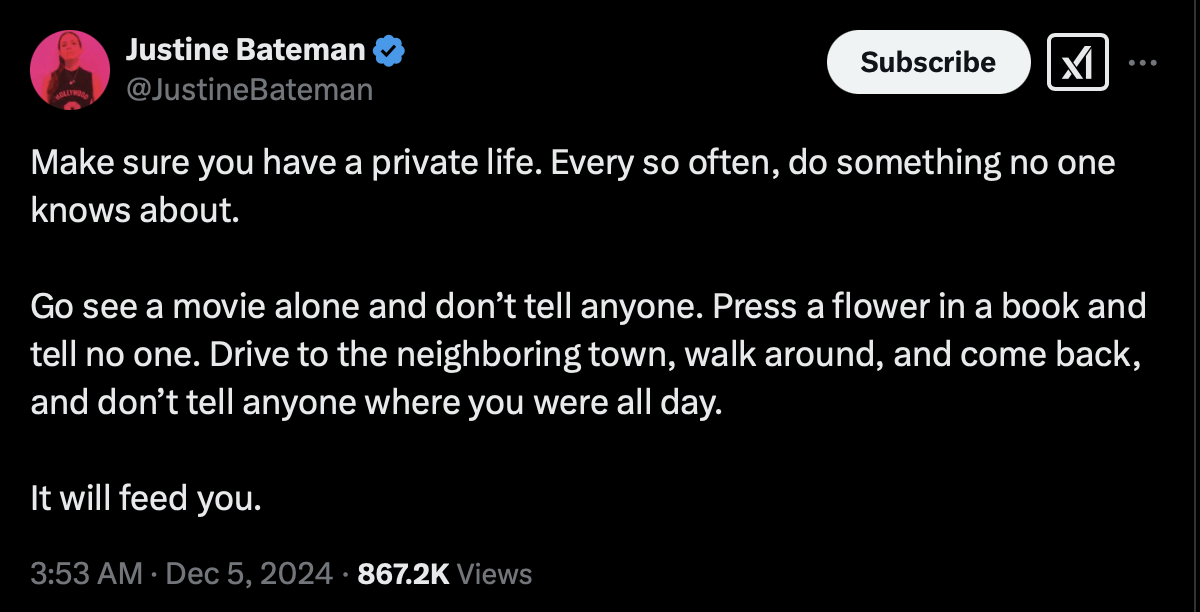Over the last year or so, a new term has been circulating in the worlds of technology and innovation policy: effective accelerationism, often shortened to e/acc. It is a philosophy that has sparked debate across the tech world and beyond, and one that business and technology leaders should take note of.
At its core, e/acc is the belief that society should lean into technological acceleration rather than attempt to slow it down. Instead of adopting a precautionary principle, holding back until risks are fully understood, e/acc argues for pushing forward boldly, assuming that progress brings more benefits than harms in the long run. The underlying conviction is that the only way out of today’s challenges such as climate change, economic stagnation, wealth inequality, and many more, is through more technology, not less.
Supporters of e/acc, which I generally find myself in the camp of, point to history. Every major leap from electricity, to aviation, to antibiotics, to the internet brought profound disruption and new risks. Yet slowing progress would likely have delayed life-changing benefits. In the e/acc view, technological slowdown is not neutral; it actively worsens the human condition by holding back cures, tools, and solutions that could address global challenges.
The message is straightforward: those who embrace acceleration will be at the forefront of market transformation. Rapid adoption of AI, biotech, clean energy, and space technologies could unlock entirely new industries and positively change lives globally. Organisations, including the public sector, that adapt and experiment quickly stand to benefit disproportionately, while laggards risk irrelevance.
Of course, elements of e/acc are controversial. Critics argue that “move fast and break things” (Mark Zuckerberg’s old tagline at Facebook) has already proven reckless, particularly in the negative mental health impact of social media and it’s effect on data privacy. They warn that acceleration without guardrails can amplify inequality, reduce labour markets, and create technologies whose risks outweigh their benefits, such as autonomous weapons or poorly regulated AI.
Another criticism is that e/acc can feel techno-deterministic, as if technology alone solves societal issues, ignoring the importance of governance and ethics. Critics contend that acceleration without consideration risks a future dictated by a small group of massive corporations (cough Meta, Google, Elon Musk) and not by broader society.
So for policymakers and business leaders, the relevance of e/acc is not about wholesale acceptance or rejection. Instead, it invites a deliberate debate: how much acceleration is appropriate, and under what conditions?
Organisations might adopt an “accelerate with responsibility” approach, pursuing rapid innovation while embedding safeguards such as ethical review, stakeholder engagement, and transparent governance. This recognises the power of acceleration but tempers it with accountability. I would argue that this almost ‘sitting on the fence’ approach could lead a worse outcome.
Whether you agree with effective accelerationism or not, the philosophy forces us to confront reality: technological change will not wait for us to feel comfortable. The challenge is not to decide whether acceleration will happen, it already is, but to determine whether you will steer it or be swept along by it.

